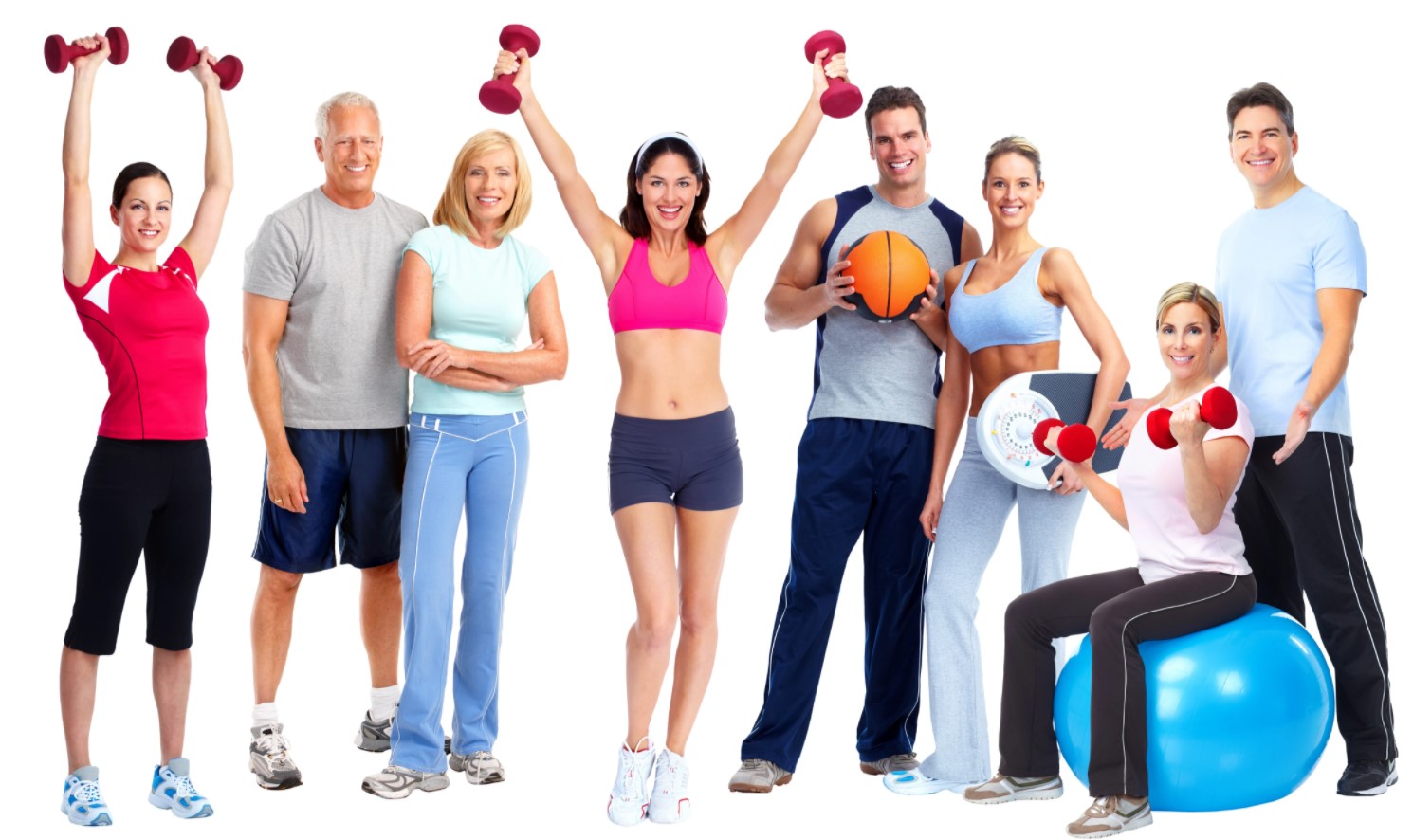It is no secret that regular exercise is an essential part of maintaining good health. Before industrialization, physical activities were a routine part of people’s daily lives. Today, most people have sedentary desk jobs, and the amount of movement we have every day is limited to going from our cars to our offices and back. Elevators, cars, and modern tools have taken the place of manual labor. However, as our physical demands diminish, so does our health. The body requires exercise on a daily basis. Not only does regular exercise ensure the body’s elimination channels remain effective, but it also strengthens your heart and increases blood circulation. Thus, it supplies more oxygen and nutrients to the body, and protects the vital functions of the lymph and hormone glands. Exercise can also enhance flexibility, vitality, and stamina.
In addition to all of the physical benefits, exercise also balances brain chemistry. As a result, you will feel happier, less tense, and ready for life’s challenges. It also helps you to sleep better, breathe better, feel younger, and have more energy. Other benefits of exercise include proper regulation of metabolism, weight control, chemical balance, activation of the sympathetic nervous system, improved thyroid and adrenal function, a stronger immune system, better absorption of nutrients, detoxification, resistance against diseases, elasticity of blood vessels, reduction of stress levels, enhancement of appearance, higher sex drive, increased muscle contraction, glowing skin, improved liver function, increased lung capacity, improved hormonal balance, less body fat, decreased triglycerides and LDL, increased HDL, improved circulation, regulation of high blood pressure, prevention of varicose veins, stronger bone tissue, and the enhancement of oxygen transported throughout the body.
There are some fitness gurus who suggest exercising for 30 minutes three times a week. Looking at our ancestors, however, it becomes clear that daily exercise is a must for vibrant health and vitality. You don’t have to necessarily join a gym or be a professional athlete. There are many simple ways to increase your physical activity. For example, try walking to the shopping center instead of driving, or parking your car at somewhat of a distance from the entrance of wherever you’re going. You could take the stairs instead of an elevator, or even try talking on the phone while standing up. Consider exercise as your preventive medicine and include physical movement in your daily life. For example, hiking, swimming, Tai Chi, Qigong, and yoga are all gentle but effective exercises which can be performed daily. There are also rebounders or small trampolines that can fit conveniently under a bed.
Before you start an exercise regime, make sure you get enough sleep and adequate nutrition. The body needs proper energy to exercise. Proper nutrition, periods of rest and a good night’s sleep are always important if you want your workout to have positive effects on your life.
A Word of Caution Regarding Excessive Exercise
Although exercise is extremely vital and beneficial, care must be taken to not over exert oneself. Exercise is an activity that requires balance. Pushing the body and mind too hard can wreak havoc on your health in the long term. In order to choose the best type of exercise, consider your age, health level, and emotional situation. If you find yourself to be worn out or lacking energy, it means you haven’t picked the right kind of exercise. Avoid exercise that is strenuous, as it can do more harm than benefit. Sometimes, activities that are too vigorous can result in hormonal disorders and a decline in fertility in women. Always be aware of exercise trends that can do more harm than benefit. Exercise that leads to severe aches and pains should be avoided, and it’s always best to begin with a light workout that’s gradually increased. Don’t rush for quick results; it’s best to build up your stamina over time.
The number of people nowadays suffering from adrenal exhaustion or “burnout” is alarming. This can come from too much stress (both physical and emotional), physical exhaustion, or even an overload of environmental toxins. If you have insomnia, are severely overweight, or have adrenal insufficiency, you should adhere to gentle exercises, as strenuous forms of exercise will place added stress on your adrenal glands. If you think you may have adrenal insufficiency, too much stress, or poor health in general, I would not recommend trying to fix the problem with excess exercise. Even those that are overweight or obese should not attempt to over-exercise to lose weight. Remember to use caution and take it slow.
Just like food, sex, drugs, and alcohol, exercise can become an addictive vice that is abused. Any substance that over-stimulates the adrenal glands can become addictive. The adrenal stimulation causes a rush that feels good, takes away pain, and increases endorphins temporarily. When over worked, however, the adrenals can become depleted and leave you feeling depressed and exhausted. Eventually, with this level of activity, the adrenals will burn out and ailments such as hypoglycemia, depression, and exhaustion will follow. Just like food, sex, drugs, and alcohol, exercise can become an addictive vice that is abused. It’s fine to expect to feel better during and after exercise, but not to use it as a replacement for balancing other areas of your life. Exercise should never be a substitute for healthy eating or get to the point that it takes too much time away from other important areas of your life.
Exercise is an important tool in improving not only the look and quality of your body, but also your mind and spirit. Make it a regular and enjoyable part of your life, but remember to be safe!







